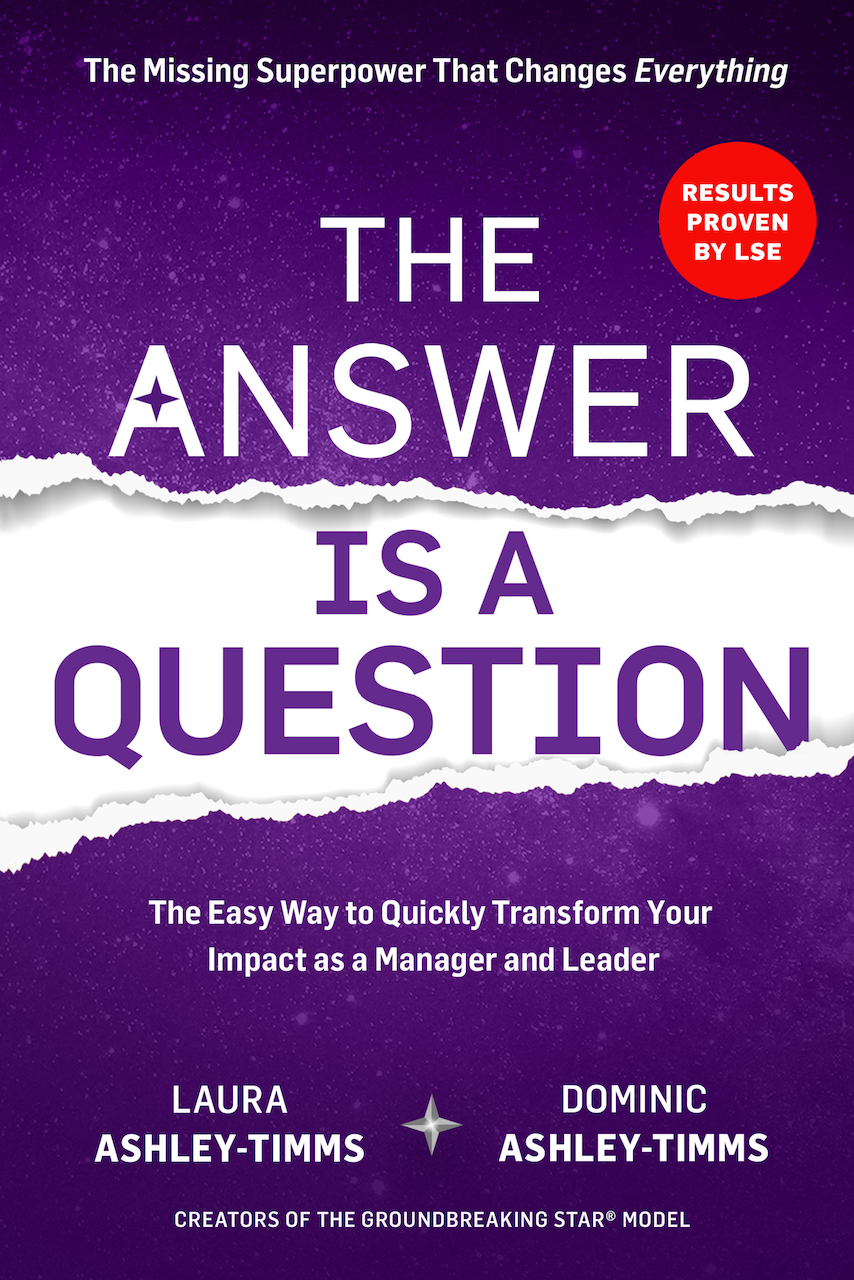

According to a wide variety of measures, there is an engagement crisis sweeping the developed world, affecting productivity and happiness at work for millions of people.
A Gallup report published earlier this year found that only 21% of people are “engaged” in their work. Globally, that figure varies. In the United States, it is 32%. In the UK, just 9% of employees report being engaged, The European average is just 14%. There is major room for improvement everywhere.
The recent trend of ‘quiet quitting’, where employees privately commit to doing the bare minimum at work, also highlighted a significant problem with global engagement.
Most experts agree that engagement comes from good leadership and good management. So, do businesses dealing with low engagement actually have a management crisis?
The authors of a new book on management and leadership believe it does, and they should know, they’re from the UK, where engagement is particularly low. But they are reluctant to blame the managers themselves.
“Managers have a tough time,” says Dominic Ashley-Timms, co-author of “The Answer is a Question: The Easy Way to Quickly Transform Your Impact as a Manager and Leader”.
“And actually anybody that agrees to step into a management position isn’t doing it lightly; for many, it can be a baptism by fire.”
Dominic Ashley-Timms has worked with managers and leaders at some of the world’s best-known firms. He’s the co-founder of the performance management consultancy Notion, which he established in 2000 with his wife and business partner Laura.

Accidental managers
Laura, who has enjoyed a prestigious career working around the world and is regarded as one of the UK’s top executive coaches, believes that part of the problem stems from ‘accidental managers’; people promoted to positions of leadership because they were good at something else, who receive relatively little guidance on how to actually manage other people. Research suggests there are approximately 2.4 million in the UK and many more worldwide.
“People management skills may not come naturally to most, but no manager goes to work to intentionally do a bad job. In the absence of knowledge about how to engage others, we’re all struggling to make our best fist of being a manager and to perform in the way that we think that we should.”
“Once you’re promoted, no one ever sits you down and says “now that you’re a manager here’s how you get the best out of people”. Instead, we embark upon our new role with a mental model that we’ve developed about what good might look like based on what we’ve seen other managers do, how we’ve been managed, the things we’ve read and the tips we’ve picked up from the courses we’ve been on.”
In their new book, Laura and co-author Dominic, explore the importance of asking questions. They refer to it as a “hidden superpower”.
“To be a really good manager in today’s world you need agility. And an ability to understand people’s beliefs and values,” explains Dominic.
“One of the most powerful things you can do as a manager is to ask insightful questions and to really and actively listen to the answers.”
Laura adds: “The most powerful questions are often those that invite somebody to change their point of view or help you to expand your thinking, for example:
‘If you were to look at this from someone else’s point of view that you know, maybe your boss’s or colleague’s point of view, what do you think they would say?’
Or ‘If you had a magic wand and could do anything, what would you do?’
These questions help to remove some of the barriers and obstacles to your current thinking and stimulate new ideas that can be really powerful. Once you’ve asked a powerful question, get comfortable with silence, because there may be some powerful thinking happening.”

Ask, don’t do
Dominic, who has trained leaders in 37 different countries to date, wants managers who read their book to resist the urge to problem-solve, and instead to ask questions that foster problem-solving capabilities in their teams.
“The skill set that you would be learning is how to ask questions that would enable people to solve the problems themselves. And that’s not because you’ve already got the answer in your head. You’re genuinely asking questions to help them do the thinking for themselves. They might well come up with entirely different solutions from the one that you’d thought of. And you have to be open to that. The skill set is acknowledging that the person you’re speaking with potentially has it within them to solve the problem themselves.
“Your role is to help them derive value from having wrestled with themselves, wrestled with the best way to think about what they could do next and to have solved the problem themselves. You’re a manager already, there’s nothing to be gained by you continuing to solve all the problems.”







